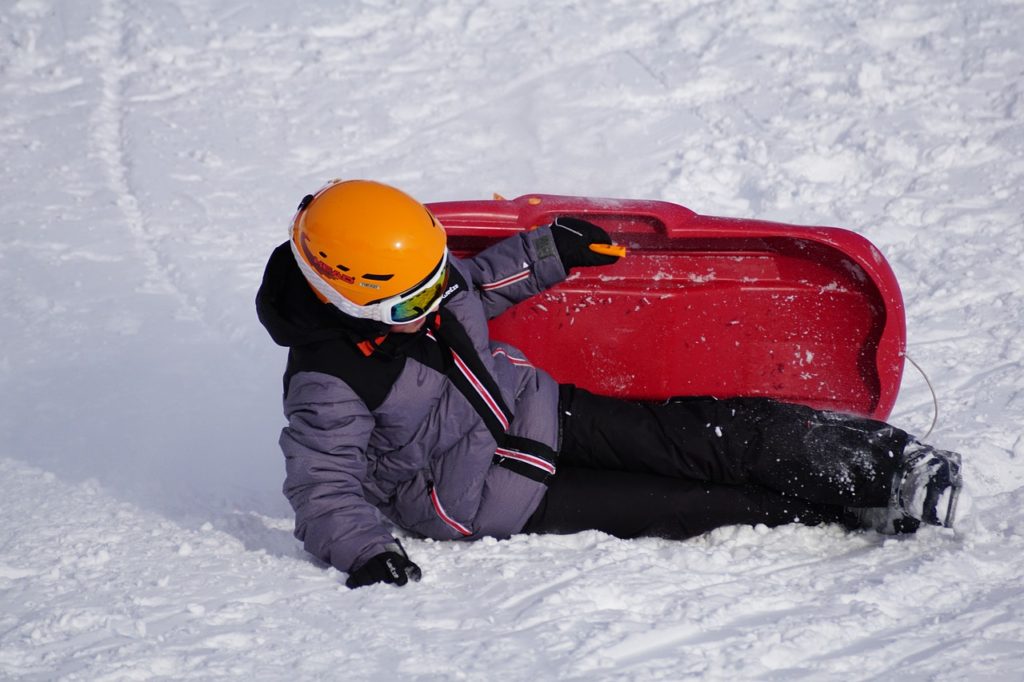- Lifetime licence bans are needed to fight drinking and driving - January 6, 2021
- Tinted windows in automobiles: are they permitted in Ontario? - August 7, 2020
- Recent cycling deaths point to a need to make roads safer - July 27, 2020
The fingers of blame in the war on tobogganing must not be pointed at lawyers and lawsuits, when, in the last century, there have been only two successful reported cases related to the winter activity, Toronto critical injury lawyer Patrick Brown says on TVO’s The Agenda.
A recent episode of the program discussed the “no tobogganing” signs erected by the City of Hamilton at hills in Ancaster, Flamborough, and the Greenhill and Garth Street reservoirs, reinforcing an existing bylaw banning tobogganing on city property.
The renewed efforts have stirred up outrage among residents unaware of the ban.
A lawsuit related to a Garth Street reservoir sledding accident left the city on the hook for almost $1 million in damages and court costs, and has made Hamilton the poster child for the legal risks of tobogganing.
But, Brown tells Agenda host Steve Paikin, municipalities are “absolutely not” being routinely successfully sued for such accidents.
‘Sky is not falling’
“The sky is not falling because of tobogganing cases,” says Brown, partner with McLeish Orlando LLP. “In the past 100 years there have only been two successful reported cases – one was the Hamilton case, and one other case.”
While municipalities say they can’t afford to expose themselves to potential lawsuits connected to tobogganing accidents, Brown says the legal system is not to blame.
“The courts will throw these cases out if they have no merit,” he says. “If you’re going to ban tobogganing or put prohibitions in place, don’t point the finger at lawyers and lawsuits because it’s simply not there.”
In fact, says Brown, protections are in place for municipalities who find themselves involved in lawsuits, like caps on awards and strict limitation periods.
“The tort system is not giving away free money, and it’s not holding people responsible if they did nothing wrong,” Brown says on the program. “If they did something wrong, they’re holding them responsible either wholly or partly.”

